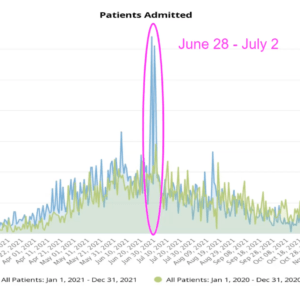Meeting Community Needs in a Time of Crisis with Dave Bader
Project Category: Coffee & Tea
Wildlife Rehabilitation Within One Health
with Diane Seguin
Risk Perception
How to trigger protective phenotpyes in animals and how to use them with Dr. Cecile Sarabian
Fractures in Purple Finches
Present as Wing Strain with Wallis Moore Reid
Enrichment in Wildlife Rehabilitation
January 2023’s Coffee & Tea featured Alexandra Reddy introducing concepts of enrichment during wildlife rehabilitation for animal health and welfare. Contents include key concepts in enrichment, species-specific options, resources, goals of enrichment, distinct categories (social, cognitive, physical, sensory and nutritional) and benefits of providing enrichment. The presentation also highlights additional considerations such as elements of…
Wildlife Rehabilitation During Extreme Climate Changes
August 2022’s Coffee & Tea featured three speakers dealing with climate change, from the local level of feet on the ground at one center during an extreme weather event tied to climate change, understanding the changes we may see, and communicating with the public about climate change. Speakers included Stephanie Herman, Wildlife Care Center Manager…
Accessible Biosecurity
At our March 2022 Coffee & Tea with the IWRC a panel and audience discussed biosecurity protocols. Our discussion concentrated on HPAI but was applicable to other biosecurity needs. Link to resource email The video starts partway through introductions. Panelists included: Adam Grogan, Head of Wildlife at the RSPCA spoke about the UK response to…
Wildlife Rehab Centers
Bridging the Access Gap in Conservation Presenter Merlyn Nomusa Nkomo discusses the issue of access to the field of conservation. She examines how wildlife rehabilitation centers can both provide unique opportunities to enter the field as well as how we can do more to bridge the gap and bring more previously disadvantaged groups into conservation...
Disaster Preparedness
The creators of the IWRC’s Disaster Preparedness Workbook 1 joined the December 2021 Coffee & Tea to discuss the resource and how wildlife rehabilitators and centers can prepare for the unexpected. Resources Access IWRC’s Disaster Planning Workbook I and its ‘how to’ video guide. Read our 2020 blog post on preparing your facility for a...
Working with Falconers
November 2021 Dr Claire Peterson joined us to discuss utilizing falconers to improve raptor patient recovery. https://www.screencast.com/t/kHnxeuV3HgF

